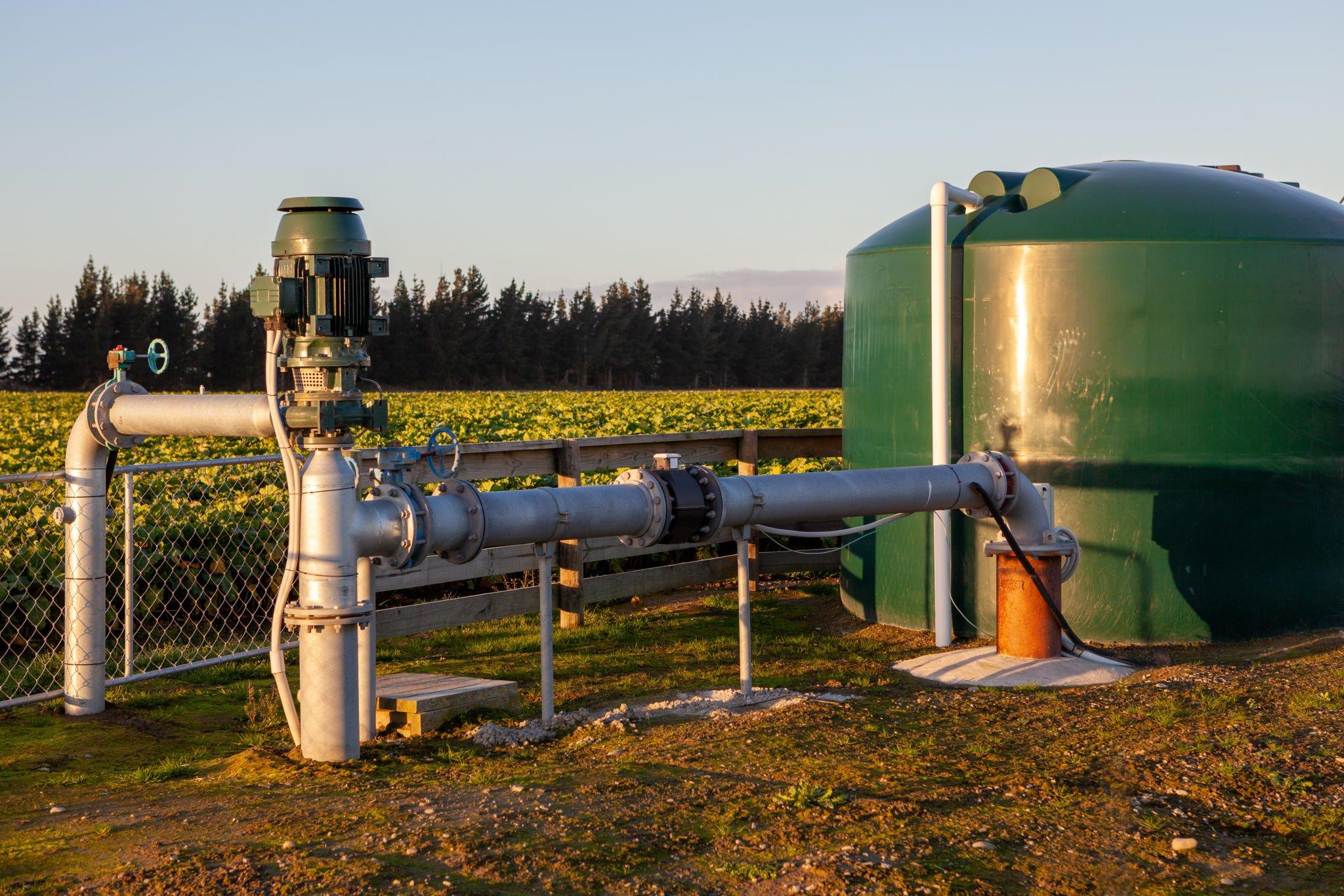Proper pump maintenance is essential for maintaining efficient operation and prolonging the lifespan of your pump. In this guide, we’ll provide you with valuable tips and techniques to keep your pump running smoothly. From regular inspections and cleaning to monitoring performance and addressing common issues, these maintenance practices will help you avoid costly repairs and downtime. Whether you’re a homeowner with a small water pump or an industrial facility with large-scale pumps, implementing these maintenance tips will maximize the reliability and performance of your pumping system.
Pump Maintenance Tips
Regular Inspection:
- Conduct visual inspections to check for wear, leaks, and damage.
- Inspect connections, seals, and gaskets for tightness and proper functioning.
- Monitor performance indicators like flow rate, pressure, and temperature for any deviations.
Cleaning:
- Remove debris, sediment, and foreign materials that can clog or damage the pump.
- Clean intake screens, impellers, and other components as recommended by the manufacturer.
- Ensure submersible pumps and their surroundings are free from contaminants.
Lubrication:
- Monitor lubricant levels and replenish or replace them as needed.
- Follow manufacturer’s recommendations for lubrication type and frequency.
- Proper lubrication minimizes friction, heat, and wear on moving parts.
Addressing Issues:
- Promptly address common pump issues like leaks, abnormal noise, vibration, and overheating.
- Investigate the cause and take appropriate actions such as tightening connections, replacing seals, or adjusting impellers.
- Regularly inspect and maintain ancillary components like belts, motors, and control systems.
Maintenance Records:
- Keep detailed records of maintenance activities, including inspection dates, tasks performed, parts replaced, and any abnormalities.
- Maintain a log for future reference, identifying patterns or recurring issues, and creating an effective maintenance schedule.
Pump Storage:
- Properly store pumps during periods of inactivity or seasonal shutdowns.
- Clean and dry the pump thoroughly before storage.
- Follow manufacturer’s guidelines for lubrication, protection from corrosion, and storing in a suitable environment.
Professional Maintenance:
- Consider periodic professional maintenance by qualified technicians.
- Schedule routine servicing and inspections to ensure thorough maintenance of complex or specialized pumps.
- Seek expert advice for specific pump types or applications.
Training and Education:
- Equip personnel with proper training on pump operation, maintenance, and safety procedures.
- Stay updated with industry standards, advancements, and best practices through educational resources and training programs.
Remember, proper pump maintenance is essential for optimal performance, longevity, and cost-effectiveness. By following these tips, you’ll enhance the efficiency, reliability, and lifespan of your pump system, avoiding unexpected breakdowns and costly repairs.
FAQs
Why is pump maintenance important?
Proper pump maintenance is crucial for ensuring optimal performance, preventing breakdowns, and extending the lifespan of the pump. Regular maintenance helps detect issues early, improves efficiency, and reduces the risk of costly repairs or replacements.

How often should I perform pump maintenance?
The frequency of pump maintenance depends on various factors, including the pump type, usage, and operating conditions. As a general guideline, regular inspections and basic maintenance tasks should be performed at least quarterly, while more extensive servicing may be required annually or as recommended by the manufacturer.
What are the common signs of pump problems?
Common signs of pump problems include reduced flow or pressure, unusual noises or vibrations, leaks, and overheating. If you notice any of these issues, it’s important to investigate and address them promptly to prevent further damage or system failure.
Can I perform pump maintenance myself, or do I need professional assistance?
Basic maintenance tasks like visual inspections, cleaning, and lubrication can often be performed by individuals with some technical knowledge. However, more complex repairs, troubleshooting, or specialized maintenance may require the expertise of a qualified professional or technician.
Are there any safety precautions I should take during pump maintenance?
Yes, safety is paramount during pump maintenance. Ensure the pump is turned off and disconnected from power sources before performing any maintenance tasks. Use appropriate personal protective equipment (PPE) such as gloves and eye protection. If you are unsure or uncomfortable with any maintenance procedures, it’s best to seek professional help.
Final Thought
Regular pump maintenance is essential for maximizing the performance, efficiency, and lifespan of your pump system. By following recommended maintenance practices, promptly addressing issues, and seeking professional assistance when needed, you can ensure reliable operation and avoid costly downtime or repairs. Remember, a well-maintained pump is a dependable pump.
